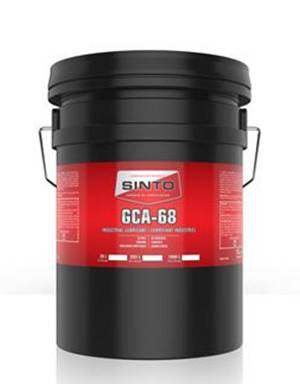Dec . 06, 2024 16:36 Back to list
polypropylene chopping board
The Advantages of Polypropylene Chopping Boards
In the realm of kitchen essentials, few items are as ubiquitous and indispensable as chopping boards. Among the myriad of options available, polypropylene chopping boards have gained considerable popularity. Unlike traditional wooden boards or stone slabs, polypropylene offers a variety of benefits that make it an attractive choice for both home cooks and professional chefs alike. This article delves into the advantages of using polypropylene chopping boards, highlighting their durability, safety, and ease of maintenance.
Durability and Longevity
One of the most appealing aspects of polypropylene chopping boards is their remarkable durability. Made from a type of thermoplastic polymer, these boards are resistant to cracking, warping, and splitting, which are common issues faced by wooden and glass boards. Polypropylene can withstand high levels of impact, ensuring that your board will last through years of heavy use without showing significant signs of wear. This makes it a cost-effective choice for those who want a reliable kitchen tool that will not need frequent replacement.
Safety First
Food safety is a paramount concern in any kitchen, and polypropylene chopping boards excel in this area. Unlike wooden boards, which can absorb moisture and harbor bacteria, polypropylene boards are non-porous. This means that liquids do not seep into the surface, drastically reducing the risk of bacterial contamination. In addition, polypropylene boards can be easily sanitized. They are dishwasher safe, allowing for thorough cleaning at high temperatures that eliminate harmful pathogens. This characteristic makes polypropylene boards particularly appealing for preparing raw meats, where cross-contamination is a significant risk.
Knife-Friendly Surface
polypropylene chopping board

Many cooks worry about the impact of their cutting tools on their chopping boards. Wooden boards are often favored for being gentler on knife edges, yet polypropylene provides a balanced solution. While it is firm enough to handle rigorous cutting, it also offers a slightly softer surface compared to glass or ceramic boards, which can dull knives quickly. This balance allows culinary enthusiasts to chop, slice, and dice without compromising the longevity of their knives, ensuring that both the board and the tools will serve them well over time.
Versatility in the Kitchen
Polypropylene chopping boards come in a plethora of sizes, colors, and thicknesses, catering to various culinary needs. Their lightweight nature makes them easy to maneuver and store, while the vibrant colors allow for easy identification. Many chefs recommend using color-coded boards to prevent cross-contamination—designating different colors for meat, vegetables, and cooked foods. This versatility not only enhances food safety but also adds a touch of organization to the kitchen.
Eco-Friendly Options
In today's environmentally conscious society, many consumers are keen on making sustainable choices. Fortunately, polypropylene is recyclable, making it an excellent choice for eco-minded individuals. By selecting a polypropylene chopping board, users can enjoy its numerous benefits while also contributing to their sustainability goals. Furthermore, some manufacturers are exploring ways to produce boards with recycled materials, further minimizing the environmental impact.
Conclusion
In conclusion, polypropylene chopping boards present a compelling option for anyone looking to enhance their kitchen experience. Their durability, safety, knife-friendly surface, versatility, and eco-friendliness combine to create a product that is both practical and responsible. Whether you are an avid home cook or a professional chef, investing in a polypropylene chopping board can lead to a cleaner, safer, and more efficient cooking environment. As culinary practices continue to evolve, it is clear that products like polypropylene chopping boards will remain at the forefront, adapting to meet the needs of modern kitchens while prioritizing food safety and quality.
-
HDPE Natural Sheet: Durable, Food-Grade & Versatile Plastic Solutions
NewsAug.27,2025
-
Durable Glossy PVC Rigid Sheet | Premium High-Shine Panels
NewsAug.26,2025
-
Durable PP Rigid Sheet: Lightweight, Chemical Resistant Solutions
NewsAug.21,2025
-
PVC Grey Sheet for Extraction: Chemical Resistant & Durable
NewsAug.19,2025
-
Durable PVC Pipe Fittings for Plumbing & Irrigation Needs
NewsAug.18,2025
-
HDPE Steel Belt Reinforced Spiral Corrugated Pipe | High Strength
NewsAug.17,2025

